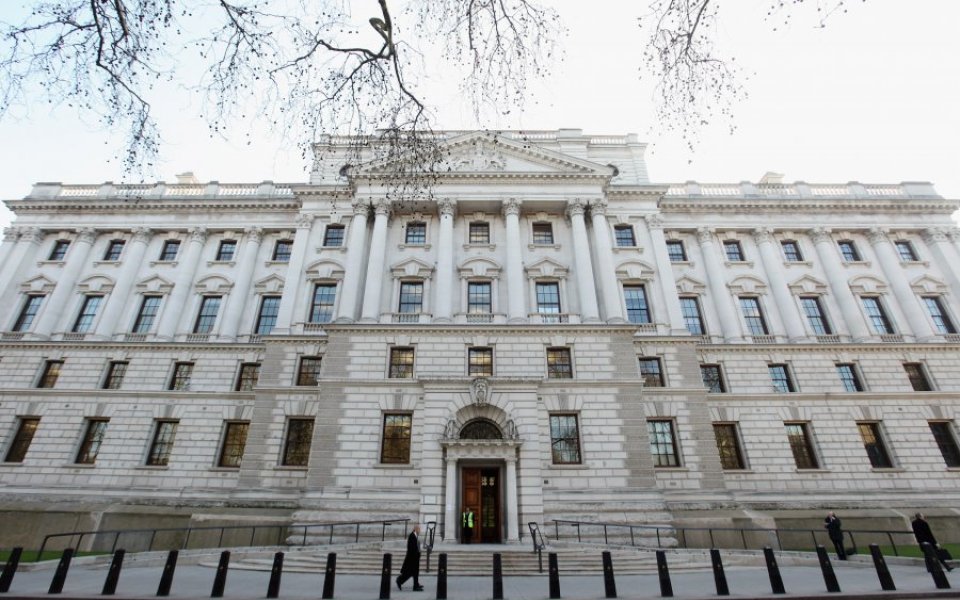Autumn Statement 2015: Institute for Fiscal Studies says Osborne got “lucky” this time around

Chancellor George Osborne may not have made the severe cuts to public spending that many had expected in yesterday's Autumn Statement and Spending Review, but a leading economist has warned that the age of austerity is far from over and the chancellor's goal of a surplus by the end of the decade may prove difficult to achieve.
Institute for Fiscal Studies (IFS) director Paul Johnson said today that while resource spending to "unprotected" government departments is set to fall, on average, by 18 per cent, compared to the 27 per cent initially forecast following Osborne's summer budget in July, the Spending Review nevertheless marked "one of the tightest" government spending plans in post-war history – and further cuts could be necessary if the economy starts slowing down.
"There is no question that the cuts will be less severe than implied in July," Johnson said. "The gap with what one might have expected based on the Conservative manifesto is substantially greater."
Johnson said that by "bank[ing] some changes in forecasts for lower debt interest payments and higher tax revenues", the chancellor was "lucky".
"By adding some tax increases he has made some of his own luck," Johnson added, before warning: "He's going to need his luck to hold out."
Calling Osborne's goal of reaching a £10.1bn surplus by 2019-20 "completely inflexible", Johnson cautioned: "This is not like the friendly, flexible fiscal target of the last parliament which allowed him to accept a bigger deficit when growth and tax revenues disappointed. This is fixed, four years out."
"The forecasts will change again, and by a lot more than they have over the past few months. If he is unlucky – and that’s almost a 50-50 shot – he will have either to revisit these spending decisions, raise taxes, or abandon the target."